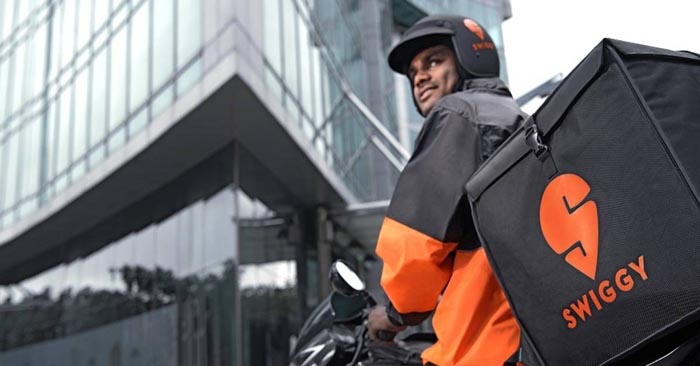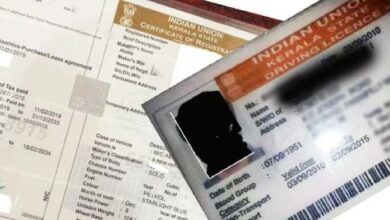Swiggy and Zomato on the Income Tax Department’s radar? Inside are the specifics

According to media reports, discounts provided by online food delivery companies Zomato and Swiggy will be scrutinized by Income Tax authorities under the GST regime in January. The inquiry is about the coupon savings offered by meal delivery apps when using a specific credit card, debit card, or digital wallet. Furthermore, the investigation may focus on the agreement established between restaurants and the applications that serve as the foundation for these discounts. Beginning January 1, 2022, Zomato and Swiggy will be treated similarly as restaurants. As a result of this agreement, apps like Swiggy and Zomato may be required to pay a 5% tax on the total cost of food.
Unlike ordering food from a restaurant, meal delivery apps, which function as e-commerce operators, offer discounts at multiple transaction points based on the use of a specific payment method, such as a debit/credit card, digital wallet, or more. Customers are also given additional discounts if they order in larger quantities or from a specific restaurant. One of the most important considerations here is whether the 5% GST should be paid on the original or reduced price.
Swiggy and Zomato have frequently struck deals with banks. According to insiders, this arrangement could be considered “barter” in exchange for financial services or credit card advertising. The tax authorities are looking into Swiggy and Zomato’s “barter” arrangements. Nothing is free under GST, and even barter is taxed.
Both companies are also concerned about the indirect tax implications of the additional fees they charge their customers. In most cases, small eateries or dhabas do not have to pay GST. If customers ordered meals from these establishments, the delivery apps would be responsible for GST.






